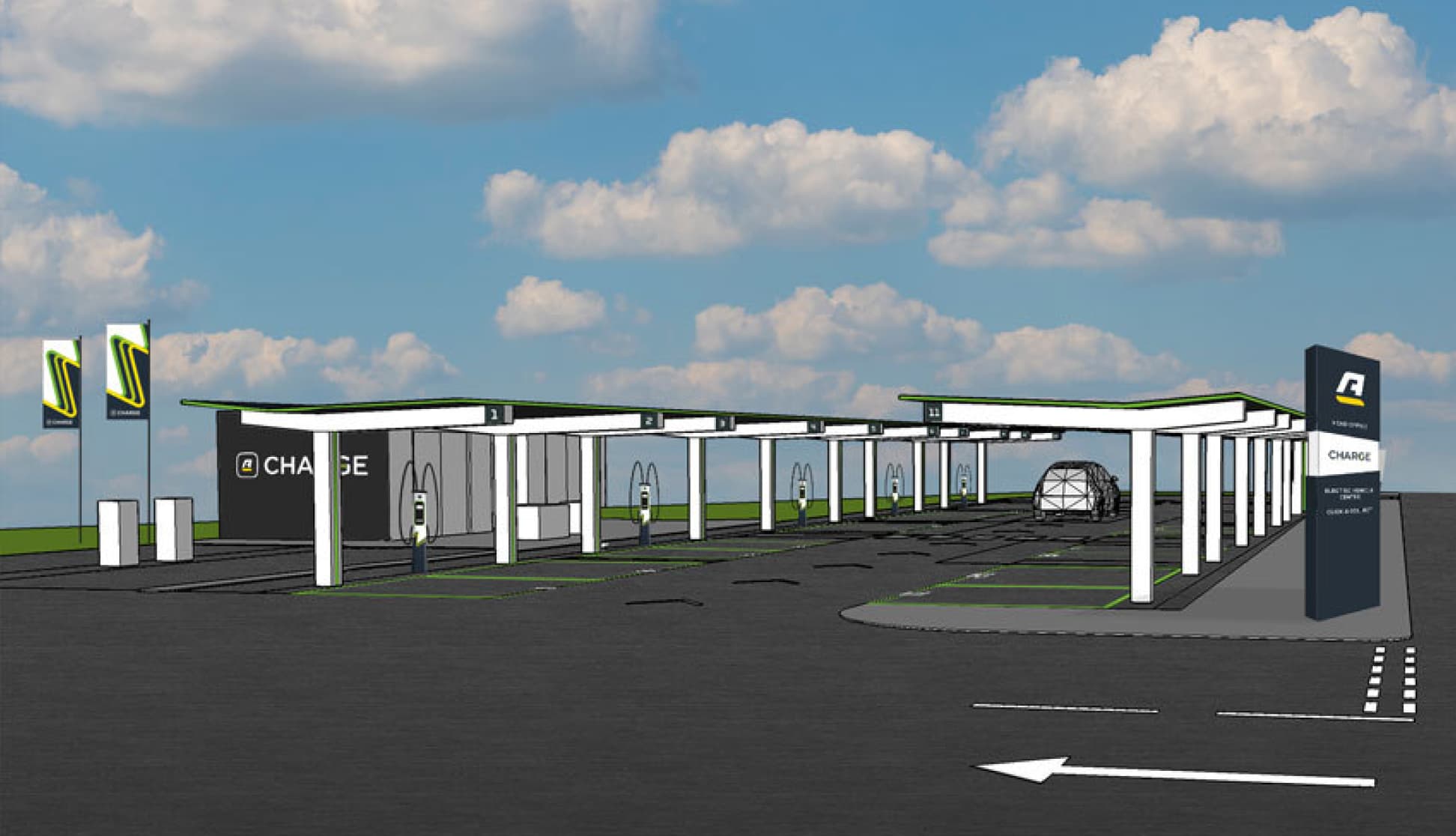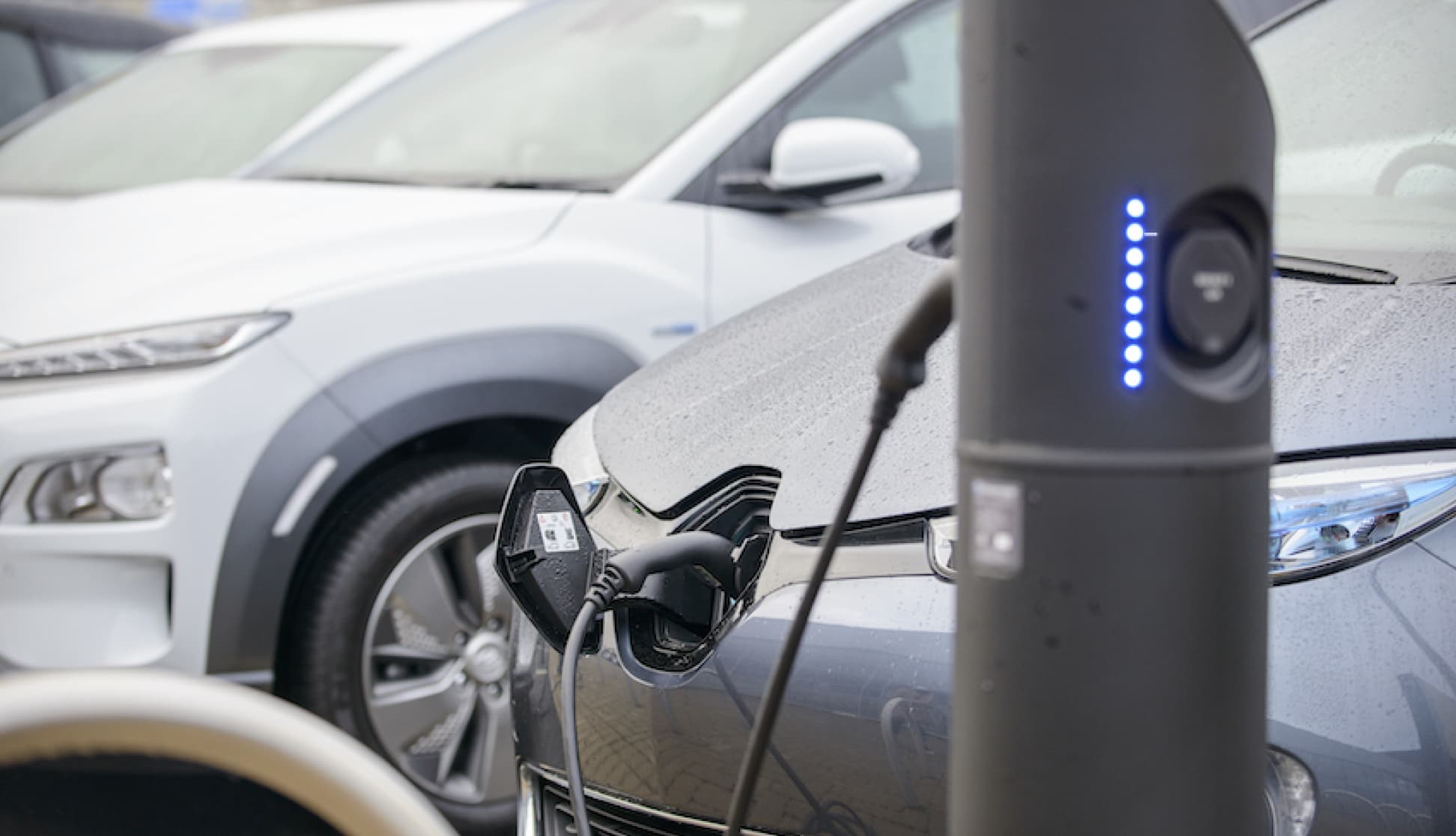BMW tops the reliable cars list
For an unprecedented eighth year running, BMW topped the car reliability survey with the 3 Series. The poll covered 700,000 vehicles operated by FN50 companies. It was a strong showing by German manufacturers with the Volkswagen Golf in second place followed by the Audi A3. In fourth was the Honda Civic, which represents a promising start for the brand-new model launched earlier this year. The top five was completed by another BMW, the 5 Series, with the new model improving on its predecessor’s placing in the previous year. Eight out of the top 10 cars were German, with Audi, Volkswagen and BMW in the running, and the list was finished off by the Mercedes-Benz E-Class. Japan was the only other representative, with the popular Nissan Qashqai in eighth place.
German manufacturers remain on top
It’s unsurprising that German companies occupied the top four manufacturer reliability spots – with BMW in first place followed by Audi, Mercedes-Benz and Volkswagen. As you would expect, there was also strong representation from the Japanese manufacturers with Honda, Nissan and Toyota in sixth, seventh and eighth place respectably. The list also included big hitters Vauxhall, Ford, and ŠKODA.
Van reliability revealed
Perhaps unsurprisingly, German manufacturers also dominated in the van reliability survey, taking the top three places in the best performing LCV models category. Mercedes-Benz was top of the pile with the Sprinter, followed closely by the Volkswagen Caddy and Transporter. The Ford Transit and the Vauxhall Vivaro completed the top five. Mercedes-Benz was revealed as the most reliable LCV manufacturer, followed by 2016’s best manufacturer Ford, with the third place occupied by Volkswagen.
Fines and charges reach new highs
The FN50 survey asked fleet companies to reveal how much they paid in fines for speeding and parking as well as congestion charges. The total amounted to almost £20 million, with more than 670,000 individual charges paid. This huge sum represents not just a large monetary cost but also a huge administrative burden to fleet companies. It also suggests that there is plenty to be done by fleet managers in educating drivers on the potential areas where charges may be incurred and the savings that can be made by avoiding them. While speeding fines were marginally down on the previous year, parking charges have increased by 50,000 instances over the previous year – reaching a total of 254,000.
Challenges facing the fleet industry
FN50 represents the perfect time for reflection and ICFM (Institute of Car Fleet Management) has outlined a number of potential challengesfacing the fleet industry over the coming months. There will continue to be increases in Benefit in Kind tax up to 2021, with any changes to the system following that date yet to be announced. Diesel vehicles have been in the spotlight recently and that could mean there will be big changes to how they are taxed in the forthcoming budget. Diesel will be in the spotlight again as London rolls out its Ultra Low Emission Zones (ULEZ), which could represent major costs for those running commercial fleets. There will also be changes to vehicle taxation with the new Worldwide Harmonised Light Vehicles Test Procedure (WLTP) standard replacing the New European Driving Cycle (NEDC).



